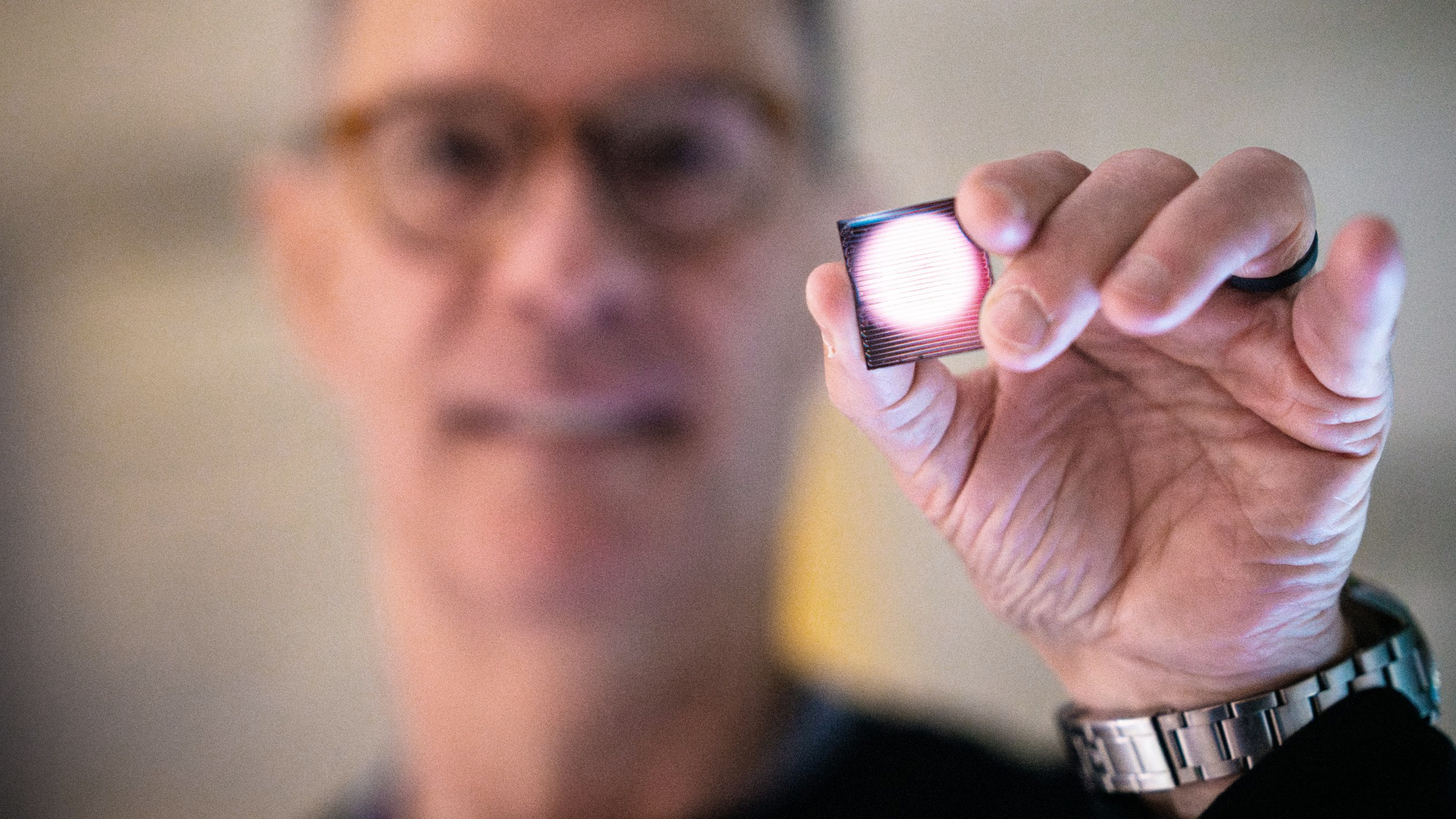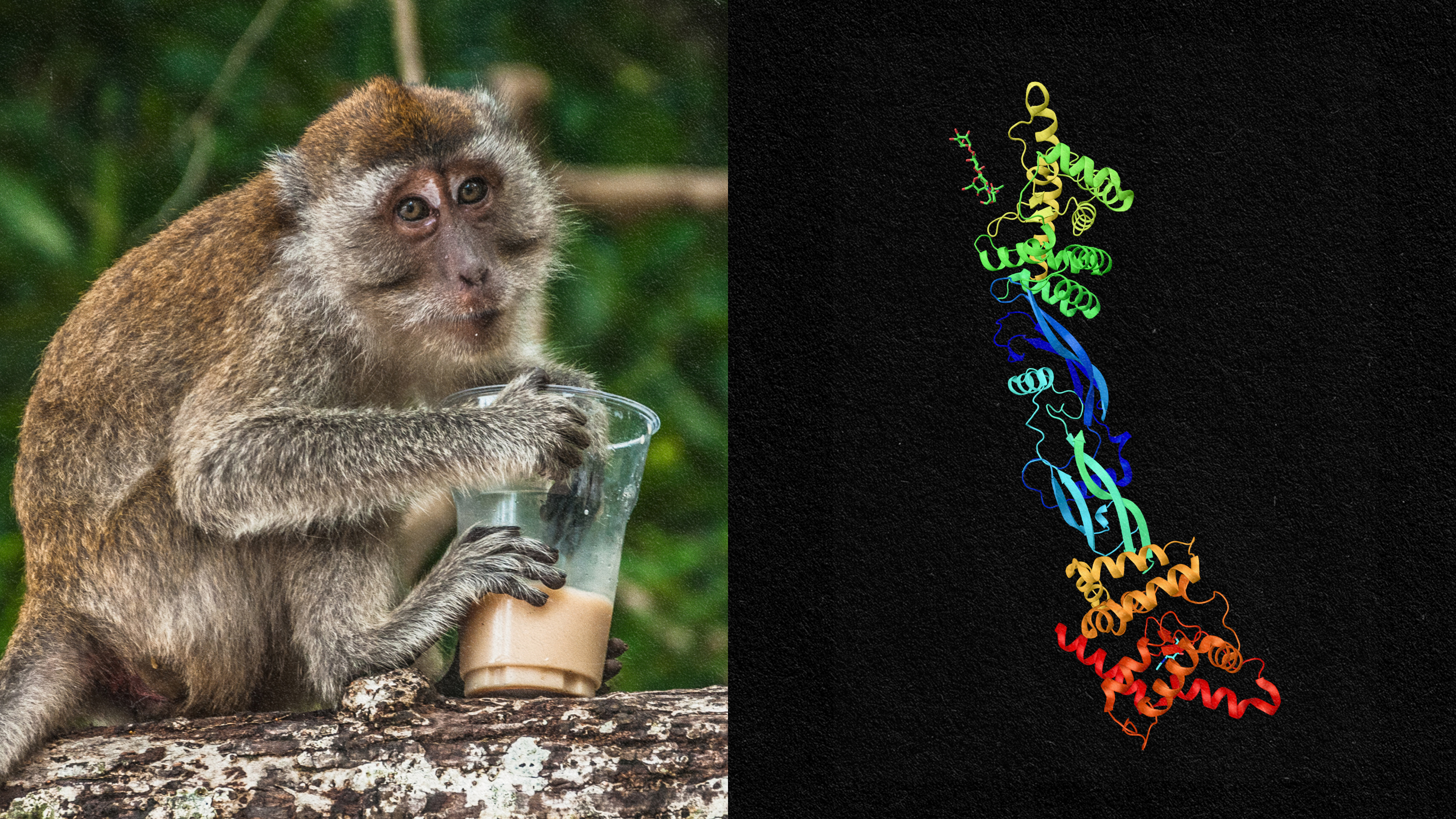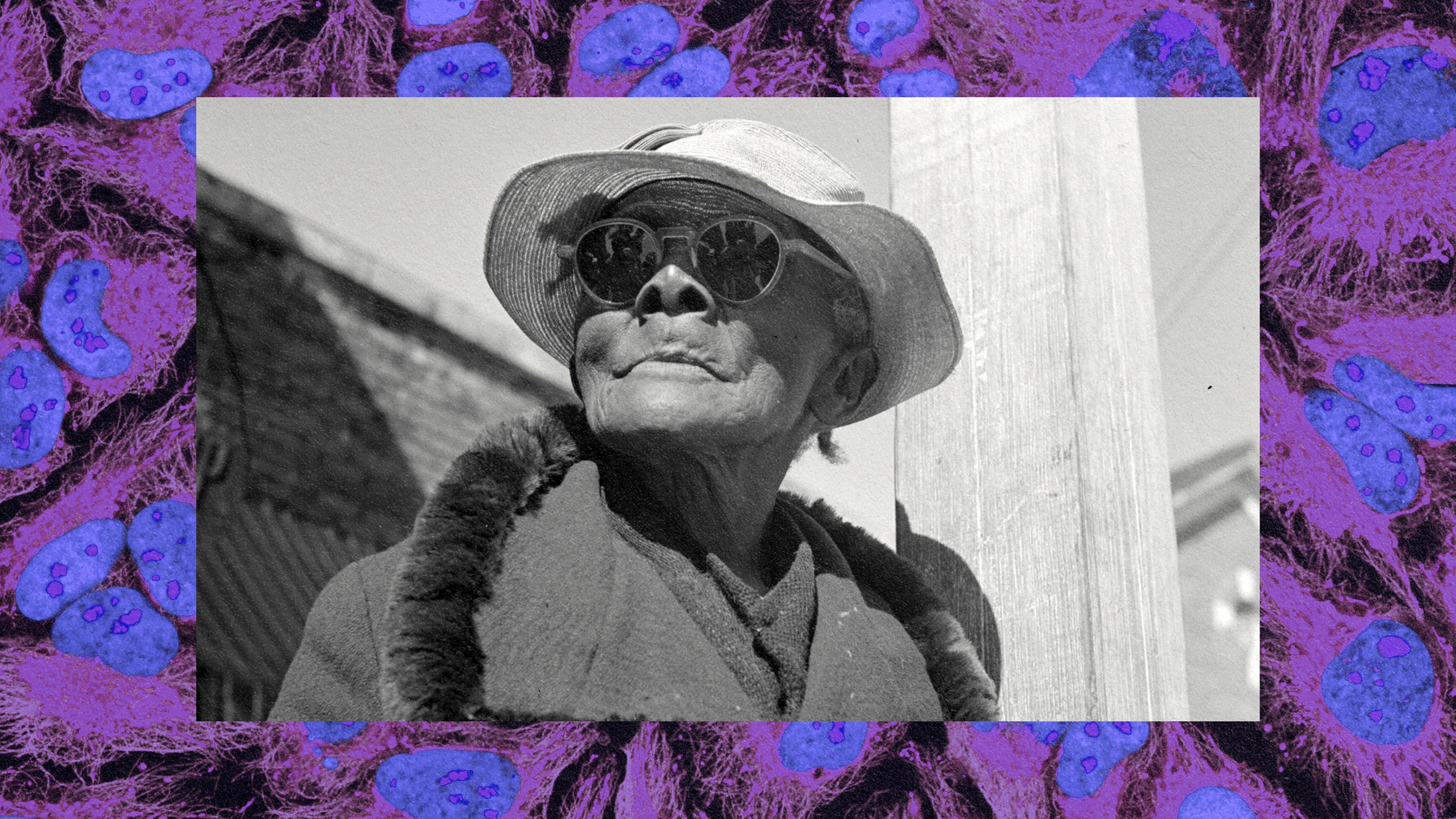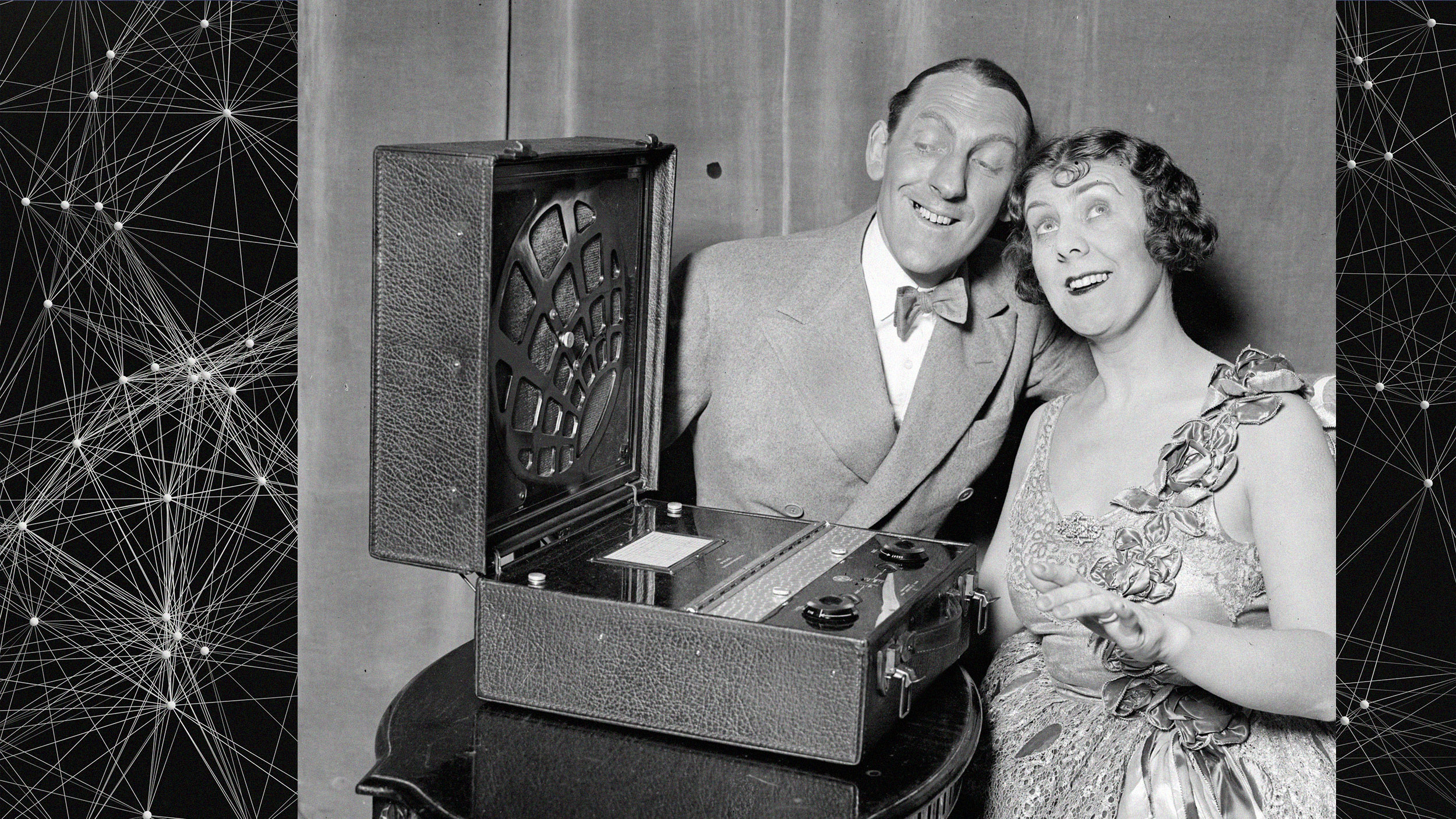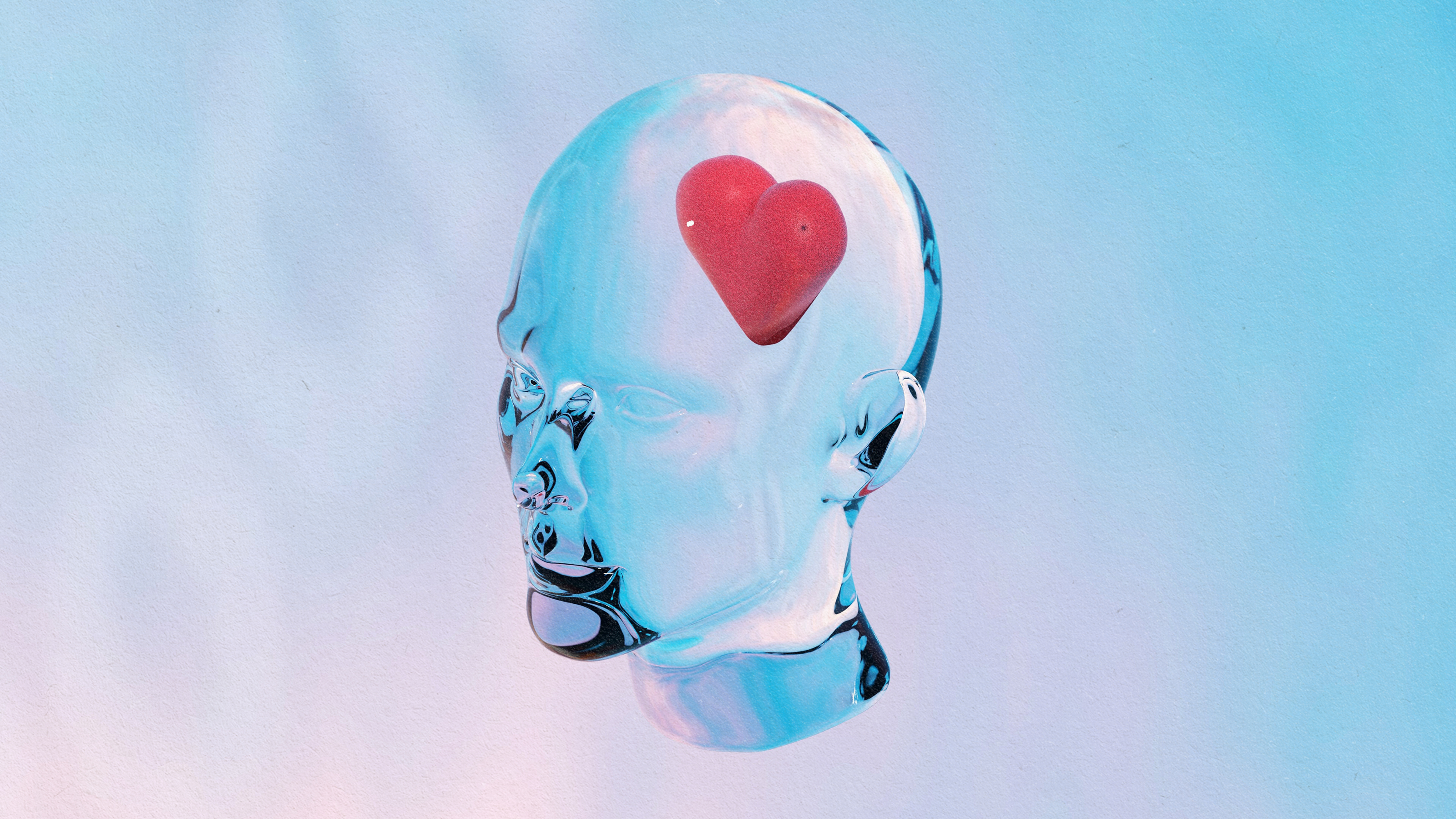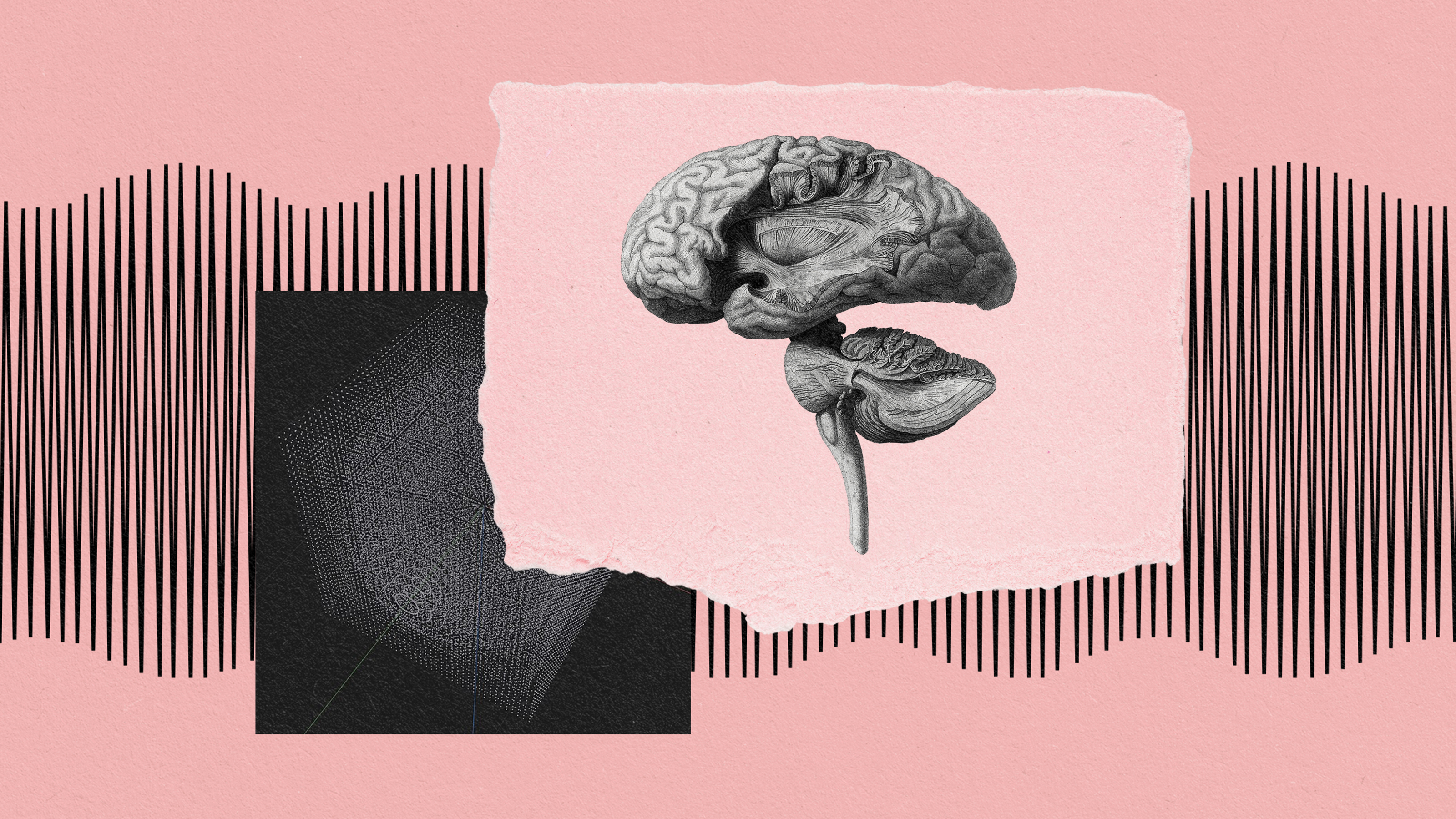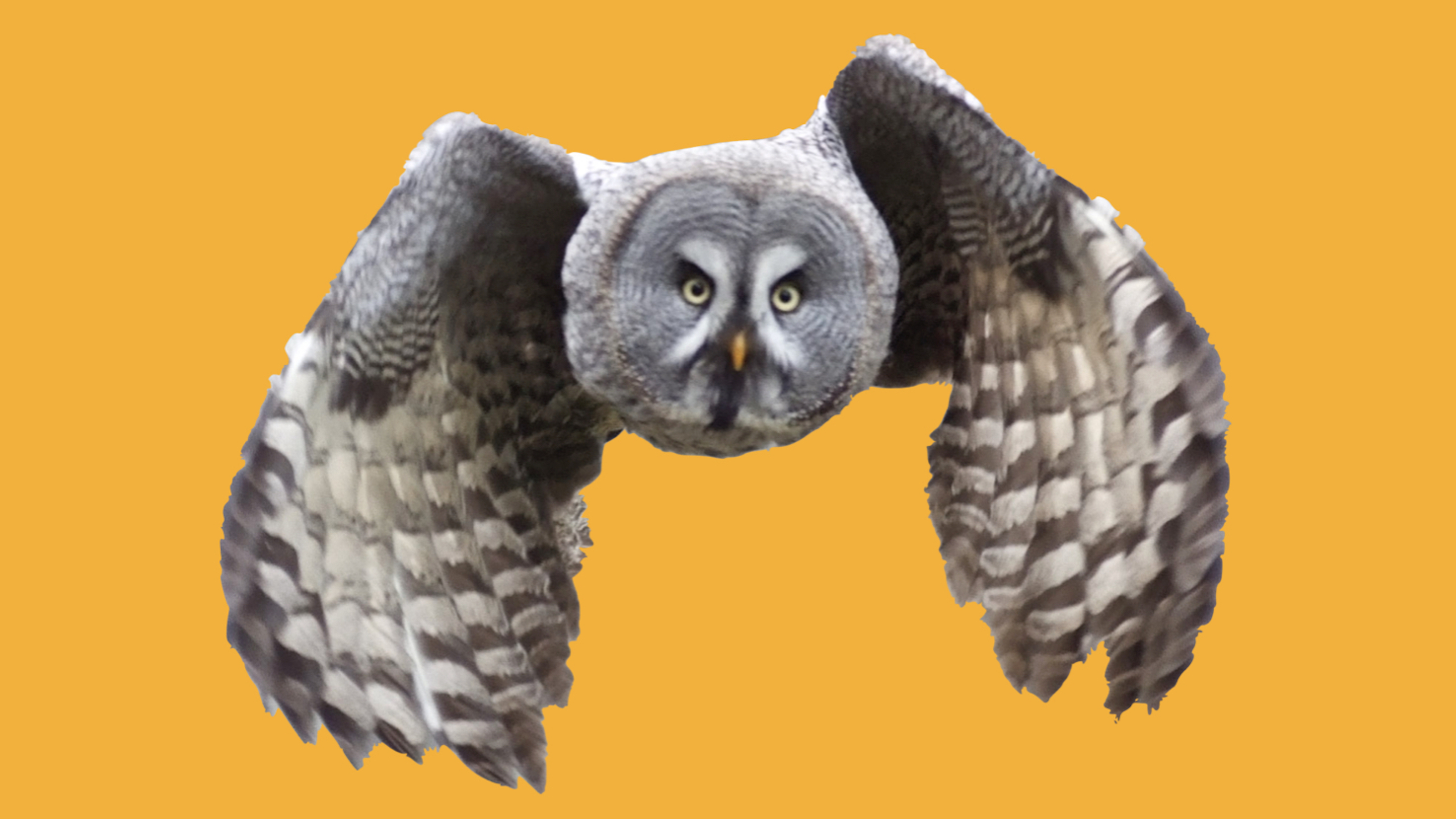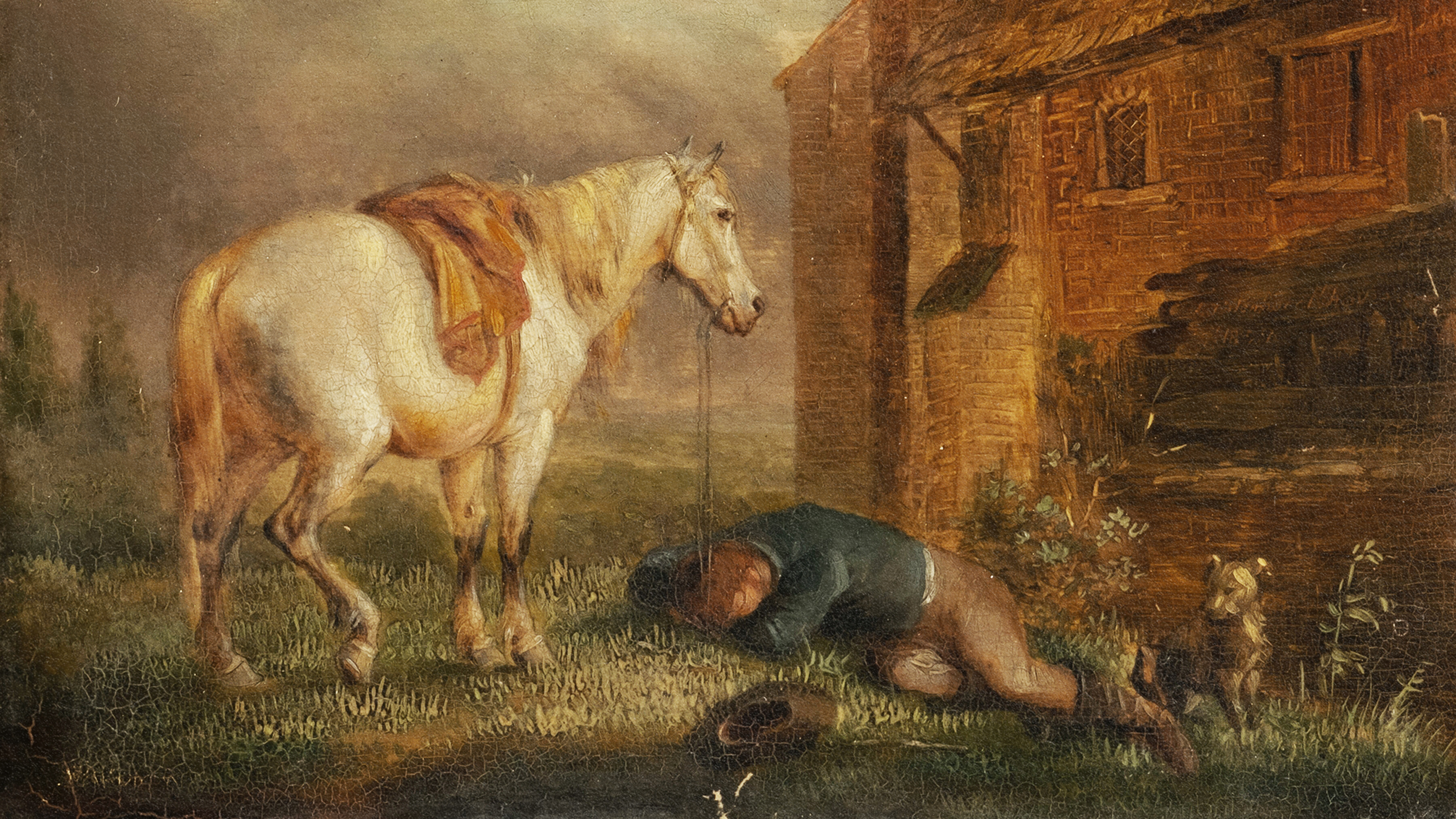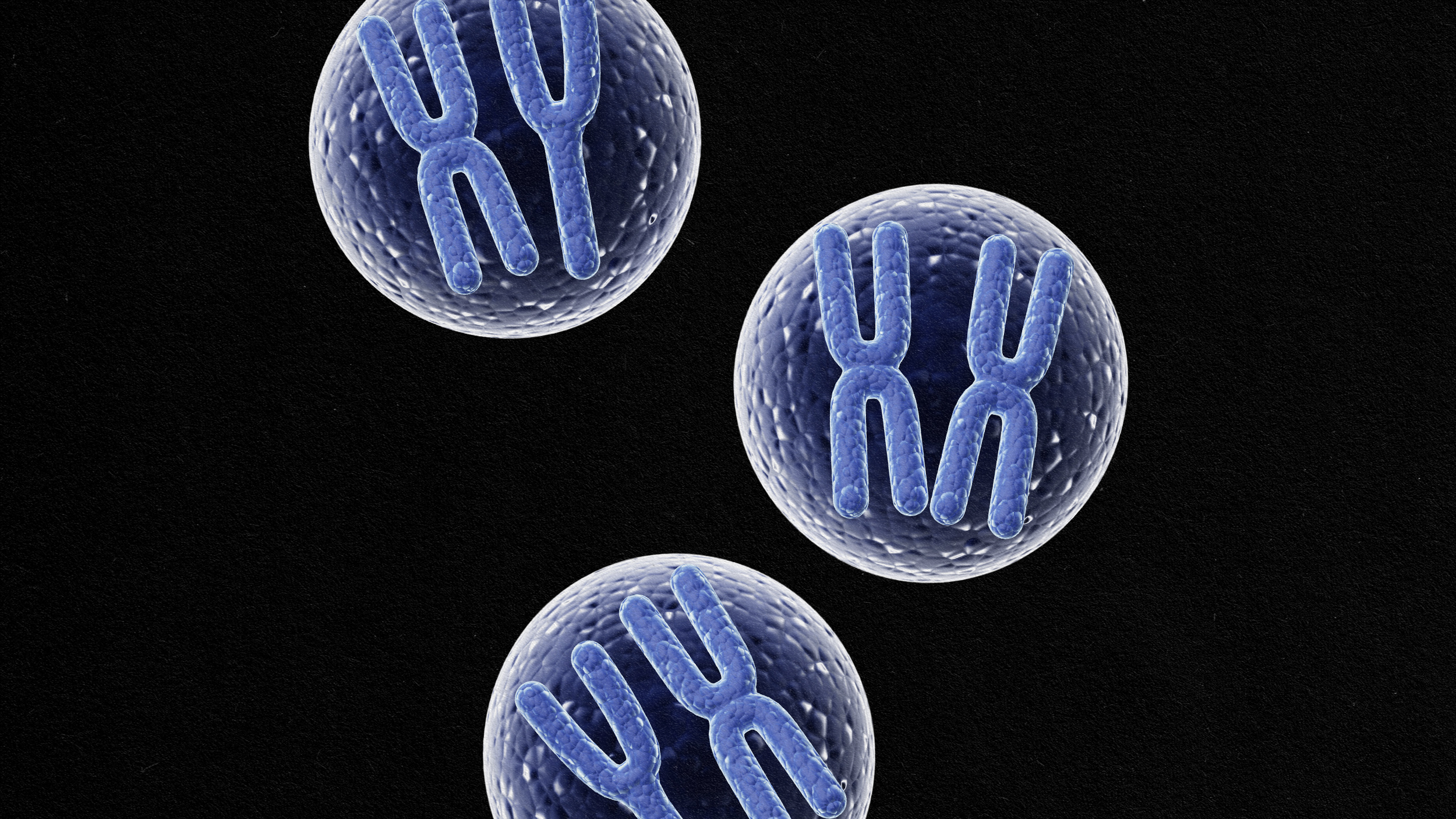neuroscience
Exercise neuroscientist Wendy Suzuki explains how your brain can age gracefully and optimally — and it starts with just a 10-minute walk.
▸
4 min
—
with
Football is a risky sport, but bicycling to work is far more dangerous.
Subtle clues emerge ahead of the attack via changes in scent.
Interventions can make the most difference when Alzheimer’s is detected early.
Language influences how you visually process the world, which in turn influences your memory of it.
Our one-size-fits-all approach to sex education hasn’t worked for a long time. Sex educator Emily Nagoski explains what we know (and don’t know) about the role neurodiversity plays in intimacy.
▸
6 min
—
with
Medical psychologist Catherine Monk explains how prenatal mental care benefits both mothers and babies.
“They decreased their drinking to the point that it was so low we didn’t record a blood-alcohol level.”
Neuroscientist Wendy Suzuki explains why zero anxiety isn’t the goal.
▸
8 min
—
with
A high-fat diet might trigger inflammation of the hypothalamus.
Bad news: Sleeping in on the weekends probably won’t cut it.
The structure is fully developed in humans, partially developed in chimps, and completely absent in Old World monkeys.
Decades of Alzheimer’s research might have missed a cellular culprit hiding in plain sight.
Your heart rate reveals your brain activity, which in turn can predict hit songs — and maybe stock performance, as well.
Why does the DMT experience feel so familiar to some people — even those who are trying the psychedelic for the first time?
Daydreaming can be a pleasant pastime, but people who suffer from maladaptive daydreaming are trapped by their fantasies.
Exercise can have surprisingly transformative impacts on the brain, according to neuroscientist Wendy Suzuki. It has the power not only to boost mood and focus due to an increase in […]
▸
with
There were many similarities, but also some profound differences.
Modern memory athletes use this ancient technique to memorize thousands of digits of pi.
Our minds seem both physical and intangible. That paradox has gripped this neuroscientist since childhood.
Will we ever unravel the mystery of consciousness? Two academics made a 25-year bet on it. The scientist lost.
Learn to spot the scientists who are searching for the truth rather than money, ego, or fame.
The space‑specific neurons in the owl’s specialized auditory brain can do advanced math.
Don’t feel compelled to start a napping routine just yet.
Your brain is trying to show you the future.
Your expectations form the way you experience the world.
Boys are four times as likely as girls to develop autism. Girls are nearly twice as likely to experience depression. The immune system may be a player in these and other brain-health disparities.
Neuroscientists think a cluster of cells in the brain that stimulate appetite could be a target for eating disorder therapies.
Synchronized activity between the hippocampus, prefrontal cortex, and thalamus plays a role in memory consolidation.


